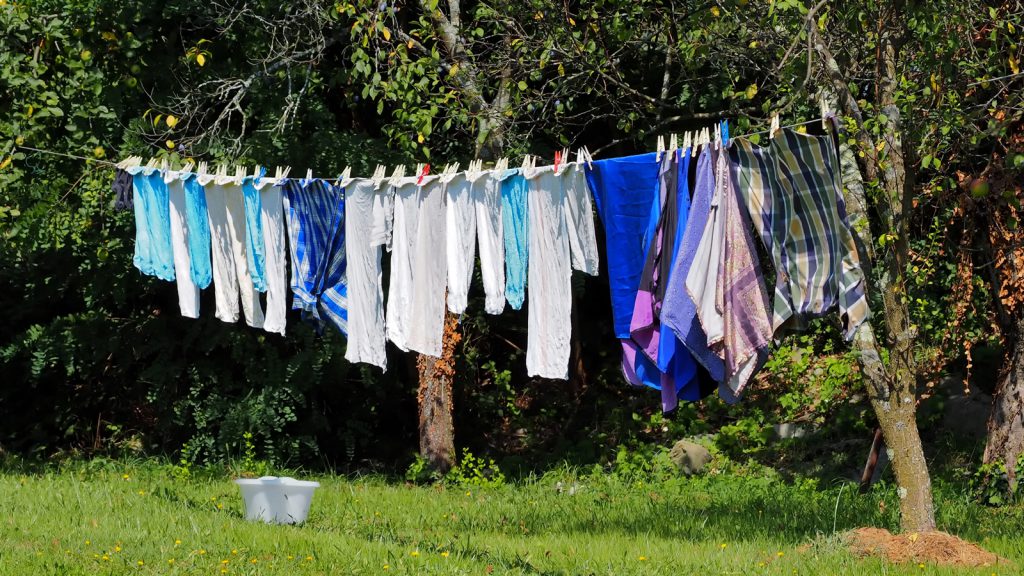The arrival of sunny skies, green leaves and blossom reassures us that warmer weather is on its way. But for allergy sufferers, the onset of spring can signal weeks of scratchy throats, itchy eyes and discomfort.
1 in 5 people experience hay fever – but what is ‘allergy season’? And why do some of us suffer while others go sneeze-free?

What is hay fever?
Hay fever is a seasonal allergic reaction to pollen grains in the air.
Common cold-like symptoms can include nasal congestion, watery eyes, a runny nose and sneezing. In severe cases symptoms can include hives and headaches, while existing symptoms can also worsen in people with asthma.
When is allergy season?
Pollen levels are usually higher during spring and summer months. Different types of pollen peak at various times, so you may experience symptoms any time between March and November, depending on which types you are sensitive to.
Tree pollen usually appears from late March to mid-May, grass pollen is usually high from mid-May to July and weed pollen is prevalent from late June onwards.

Does hay fever season change?
Noticed your symptoms at an unusual time of year? Several weather factors can impact pollen production, from warmer temperatures than usual to increased rainfall.
If you’re going on holiday or have recently moved, bear in mind different pollens may be common in your new location.

What can I do to keep hay fever at bay?
Try these tips to help you minimise exposure and avoid worsening symptoms…
- Keep an eye on the pollen forecast: TV and radio weather reports usually include a pollen forecast during the warmer months, while the Met Office’s forecast is available online during pollen season.
- Avoid too much alcohol: Alcoholic drinks including beer and wine contain histamine, a chemical that activates allergy symptoms in the body.
- Switch from contact lenses to glasses: Pollen can irritate the eyes, causing itching and watering, so contact lens wearers may find glasses more comfortable at this time of year.
- Avoid drying clothes outside: Pollen counts are often higher in the early morning and early evening than at other times of day, so keep windows shut and try to avoid hanging laundry outside at these times.
